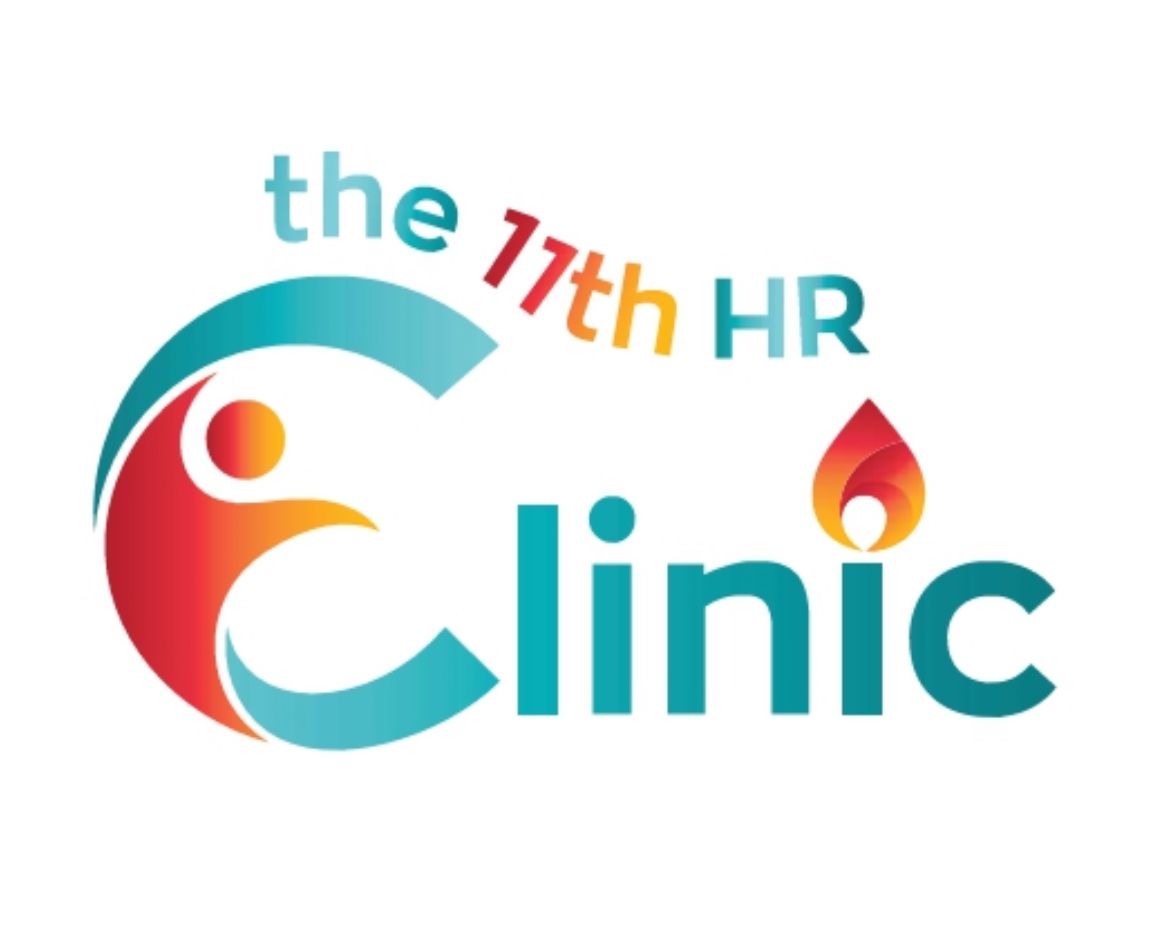The Resilience Paradox: When Grit Works Against You at Work
Why persistence sometimes harms employees and what you can do about it
Grit, the sustained effort toward long-term goals, is often praised in the workplace. Employees who “push through” are viewed as dependable, high-performing, and resilient. However, emerging research warns that perseverance without flexibility can backfire, increasing stress, prolonging recovery from setbacks, and contributing to burnout. This is known as the resilience paradox: the situation in which the same determination that drives achievement in some cases undermines well-being in others (Galatzer-Levy et al., 2021).
When Grit Becomes a Liability
Employees may encounter the resilience paradox when they:
- Continue working toward unrealistic targets despite clear barriers.
- Stay in a role or project long after it stops aligning with personal values or health.
- Push through physical or emotional exhaustion instead of taking restorative breaks.
While persistence helps when goals are realistic and support is available, it can be harmful when circumstances demand adaptation rather than sheer endurance (Credé et al., 2024; Wrosch et al., 2003).
What the Research Tells Us
- Grit is not the same as resilience. Some aspects of grit, such as consistency of interests, can actually limit an employee’s ability to adapt to changing work demands (Lam & Zhou, 2023; Datu et al., 2020).
- Letting go can be healthy. Difficulty disengaging from unattainable goals is linked to greater depressive symptoms and stress-related health problems (Wrosch et al., 2003, 2013).
- Moments of doubt can be useful. Experiencing an action crisis or mental conflict about whether to continue or quit can help employees make better decisions about redirecting their energy (Brandstätter & Schüler, 2013).
- Context matters. Perseverance protects well-being when employees have attainable goals and adequate support, but it harms when expectations are unrealistic or resources are scarce (Zainal et al., 2019).
- Workplace culture shapes behaviour. Environments that glorify “never giving up” can discourage employees from speaking up about workload issues, leading to overwork and burnout (Duckworth & Gross, 2020).
The Personal Costs of Over-Persistence
- Burnout: Ongoing effort without recovery erodes mental and physical energy (Wrosch et al., 2013).
- Declining performance: Overcommitment can result in reduced concentration, creativity, and problem-solving (Lam & Zhou, 2023).
- Missed opportunities: Staying locked into one path can prevent employees from pursuing more rewarding or feasible goals (Wrosch et al., 2003).
Practical Steps for Employees
1. Set flexible goals. Break large objectives into smaller milestones and review them regularly. Be willing to adjust when evidence suggests a change is needed (Credé et al., 2024).
2. Recognise when to disengage. If a goal consistently drains energy without progress, consider whether it remains realistic or beneficial (Wrosch et al., 2013).
3. Use feedback wisely. Seek regular, constructive input from supervisors or colleagues to ensure your efforts are directed where they matter most (Brandstätter & Schüler, 2013).
4. Prioritise self-care as part of persistence. Resilience includes recovery scheduling breaks, using leave entitlements, and seeking support when needed (Datu et al., 2020).
5. Challenge unhelpful cultural messages. Question the belief that “quitting” is always failure. Sometimes it is a strategic choice for long-term health and career sustainability (Duckworth & Gross, 2020).
When to Seek Professional Support
If persistence is contributing to stress, anxiety, or depression, consider speaking with a workplace mental health clinician. Therapy can help reframe beliefs about success, teach strategies for goal adjustment, and build flexibility without sacrificing motivation (Wrosch et al., 2003; Lam & Zhou, 2023).
The Takeaway
Grit remains valuable however only when paired with adaptability, realistic goal-setting, and adequate recovery. For employees, resilience should mean sustainable persistence: the ability to keep going when it’s wise to do so and to pivot when it’s not (Duckworth & Gross, 2020).
If you feel your persistence is costing you more than it’s helping, book a confidential consultation with the 11th hour clinic to explore strategies for sustainable success and well-being at work.
Visit us at our clinics in Brisbane City, North Lakes and on Bribie Island. For more information see our locations page or call us on 07 3303 0364.
References
Brandstätter, V., & Schüler, J. (2013). Action crisis and goal disengagement. Social and Personality Psychology Compass, 7(12), 876–888.
Credé, M., Tynan, M. C., & Harms, P. D. (2024). Is grit persistence adaptive? Goal‐pursuit behavior when faced with adversity. Journal of Personality, 92(1), 1–16.
Datu, J. A. D., Yuen, M., & Chen, G. (2020). The triarchic model of grit is linked to academic success and well-being among Filipino high school students. Frontiers in Psychology, 11, 545.
Duckworth, A. L., & Gross, J. J. (2020). Self-control and grit: Related but separable determinants of success. Current Directions in Psychological Science, 29(4), 324–331.
Galatzer-Levy, I. R., Huang, S. H., & Bonanno, G. A. (2021). Trajectories of resilience and dysfunction following potential trauma: A review and statistical evaluation. Clinical Psychology Review, 86, 102015.
Lam, K. K. L., & Zhou, M. (2023). Revisiting grit: How much does it overlap with resilience? Personality and Individual Differences, 198, 111895.
Wrosch, C., Scheier, M. F., Carver, C. S., & Schulz, R. (2003). The importance of goal disengagement in adaptive self‐regulation: When giving up is beneficial. Self and Identity, 2(1), 1–20.
Wrosch, C., Miller, G. E., Scheier, M. F., & Brun de Pontet, S. (2013). Giving up on unattainable goals: Benefits for health? Personality and Social Psychology Bulletin, 29(12), 1491–1504.
Zainal, N. H., Newman, M. G., & Wrosch, C. (2019). Perseverance toward life goals can fend off depression, anxiety, and panic symptoms in older adults with high perceived stress. Journal of Abnormal Psychology, 128(4), 367–377.



